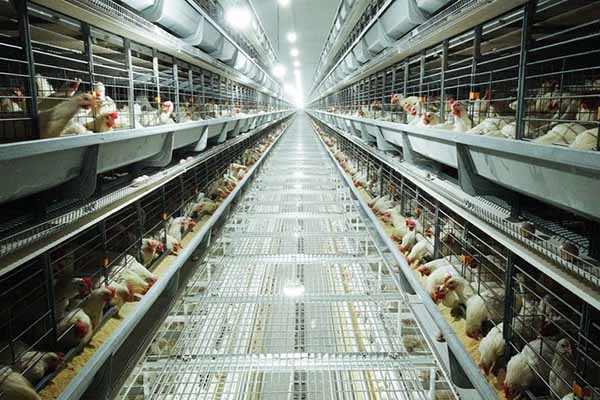Unveiling the World of Indigenous Chicken Farming in Kenya
Time : 2025-05-12
Kenya, a country known for its diverse landscapes and rich culture, has a unique approach to poultry farming that stands out from the rest. Indigenous chicken farming in Kenya is not just a practice but a way of life, deeply rooted in the country’s heritage. In this article, we’ll dive into the fascinating world of indigenous chicken farming in Kenya, exploring its history, benefits, challenges, and the future of this traditional method.
A Brief History of Indigenous Chicken Farming in Kenya
The history of chicken farming in Kenya dates back centuries. Indigenous chickens, known locally as ‘Chokos,’ have been a staple in the Kenyan diet and a source of livelihood for many communities. These chickens are well-adapted to the country’s diverse climate and terrains, making them a perfect fit for small-scale farmers.
Over the years, indigenous chicken farming has evolved from a subsistence activity to a commercial enterprise. Today, it contributes significantly to the national economy and food security.
The Benefits of Indigenous Chicken Farming
1. Climate Adaptability: Indigenous chickens are hardy and can withstand extreme weather conditions, making them a reliable source of income for farmers in different regions of Kenya.
2. Nutritional Value: These chickens are known for their high-quality meat and eggs. The meat is rich in proteins and essential nutrients, making it a healthy choice for consumers.
3. Economic Benefits: Indigenous chicken farming provides a sustainable income for many Kenyans, particularly those living in rural areas. It also creates employment opportunities for others in related sectors such as feed production and marketing.
4. Genetic Diversity: Indigenous chickens have a diverse genetic background, which contributes to their resilience against diseases. This genetic diversity is crucial for maintaining the breed’s health and productivity.
Challenges Faced by Indigenous Chicken Farmers
Despite the numerous benefits, indigenous chicken farming in Kenya faces several challenges:
1. Disease Outbreaks: Chickens are susceptible to various diseases, which can wipe out an entire flock in a short period. Farmers need to invest in vaccination programs and proper biosecurity measures to protect their chickens.
2. Limited Access to Information and Resources: Many small-scale farmers lack access to modern farming techniques, quality feed, and veterinary services. This hampers their ability to maximize production and income.
3. Market Access: Indigenous chicken farmers often struggle to reach wider markets due to limited transportation and storage facilities. This制约了他们的销售渠道和收入。
The Future of Indigenous Chicken Farming in Kenya
The future of indigenous chicken farming in Kenya looks promising, thanks to several ongoing initiatives:
1. Research and Development: The Kenya Agricultural and Livestock Research Organization (KALRO) is continuously working on improving indigenous chicken breeds through selective breeding programs.
2. Training and Capacity Building: Various organizations are providing training to farmers on modern farming techniques, including improved husbandry practices, disease control, and market access.
3. Public-Private Partnerships: Collaborations between the government, NGOs, and private sectors are crucial in addressing the challenges faced by indigenous chicken farmers. These partnerships can help in developing better infrastructure, access to credit, and market linkages.
Conclusion
Indigenous chicken farming in Kenya is a testament to the resilience and adaptability of the local communities. By embracing modern techniques and leveraging available resources, the future of this traditional practice looks bright. As we move forward, it’s essential to support indigenous chicken farmers and ensure that their contribution to the national economy and food security continues to grow.
—












